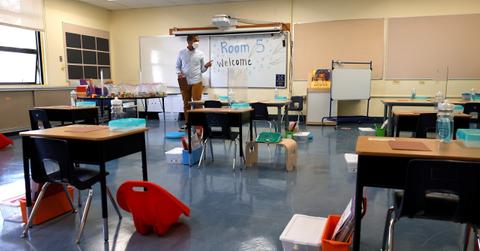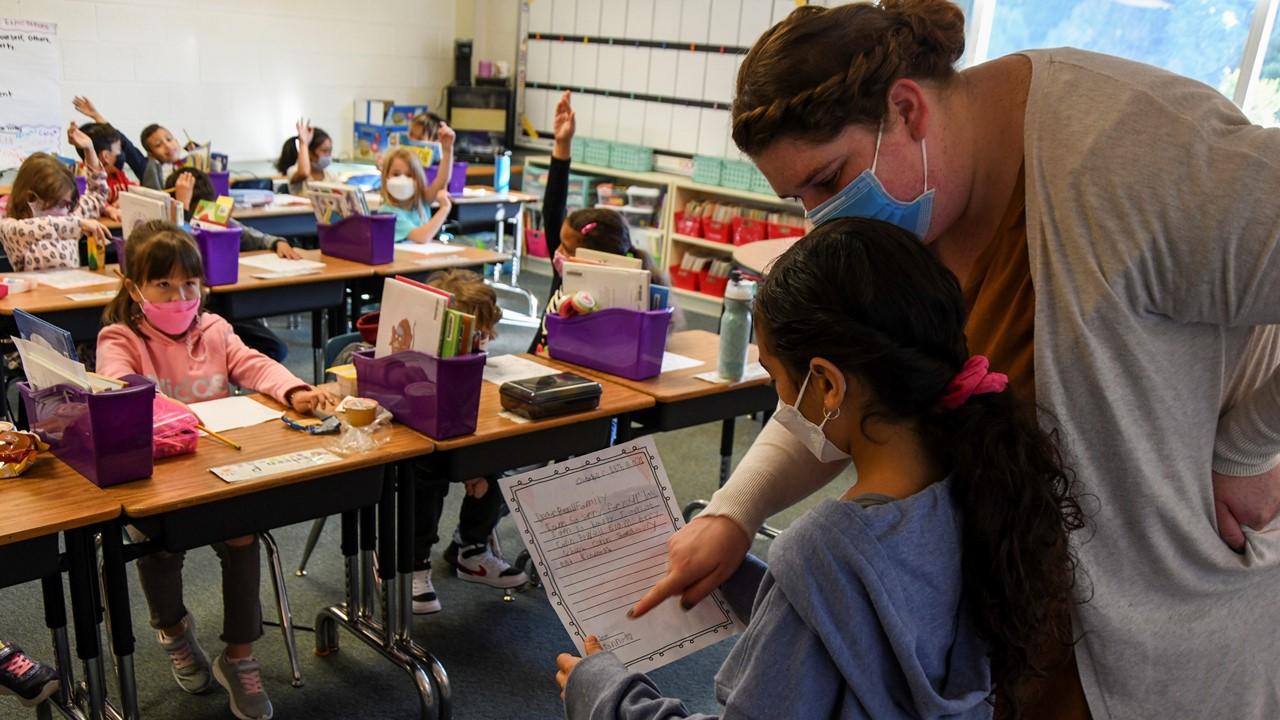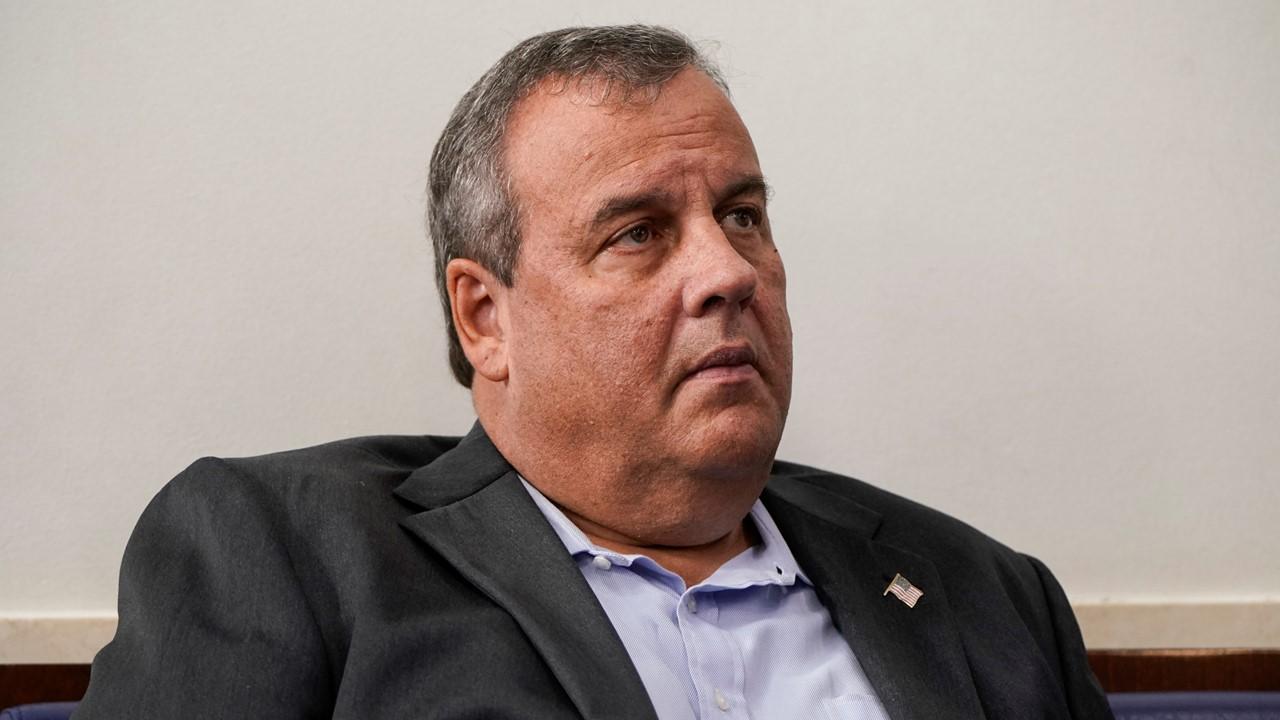New Jersey Public Worker Residency Law Might Exempt Teachers Soon
Teachers might be exempt from the New Jersey public worker residency law. What's the deal with the New Jersey Senate committee's latest proposed policy?
Dec. 17 2021, Published 10:28 a.m. ET
Worker shortages are impacting every industry, but sectors like child care and education have been hit especially hard. Nearly a third of teachers reported that the COVID-19 pandemic has made them more likely to resign or retire early. In New Jersey, lawmakers are pushing to exempt teachers from the New Jersey public worker residency law as a way to boost the number of teachers coming to work in the state.
Here's where the proposed bill to change the New Jersey public worker residency law currently stands—and how likely it is that the law will change in teachers' favor.
What's the New Jersey public worker residency law?
According to the state, the New Jersey First Act requires all public employees to reside within the state unless they personally received a waiver exempting them from the law.
The law includes employees of:
Public employers (including state, county, and municipal governments)
Public agencies, authorities, boards, bodies, and commissions (including schools)
Public institutions of higher education
School boards
The law states that employees who were already working in New Jersey prior to the effective date of September 1, 2011, weren't required to move to the state. Any non-New Jersey employees have a year to move into the state once their position begins.
Where does the teacher exemption bill stand and will it pass?
The New Jersey Senate Education Committee unanimously passed a bill that would exempt public school employees from the New Jersey First Act.
Now, the bill must pass its second reading in the House. New Jersey Governor Phil Murphy (D) will have to sign the bill into law for it to become official.
New Jersey Senator Steven Oroho (R) said about the bill, "The residency requirement is hampering the efforts of short-staffed schools contending with a labor shortage to hire enough teachers, substitutes, and bus drivers."
If passed into law, the bill could mean workers from neighboring states like Pennsylvania, Delaware, Maryland, and New York could work at public schools in New Jersey. The bill also includes a grandfather clause that would protect out-of-state public school workers hired within three years of the law change, just in case future administrations revert it.
The COVID-19 pandemic exacerbated existing teacher staffing shortages in New Jersey
Like other U.S. states, New Jersey public schools have felt the burn of the COVID-19 pandemic. Factors exacerbating the problem include virtual-only student teaching hours, low pay that isn't competing with high inflation, and—naturally—the barriers caused by the New Jersey First Act.
However, the problem didn't start with the COVID-19 pandemic. From 2010–2018, the number of students completing required educator programs fell a whopping 47 percent.
Is the New Jersey public worker residency law constitutional?
The New Jersey First Act has been controversial since former Governor Chris Christie (R) enacted it in 2011. Christie wanted in-state workers to pay in-state taxes.
In May 2021, the Superior Court of New Jersey determined that the act was unconstitutional. The court's reasoning was that the law violates "due process principles in that the standards applicable to waiver requests [are] unconstitutionally vague."
Teachers might be exempt soon from the public worker residency law in New Jersey, but don't be surprised if the bill gets amended.



